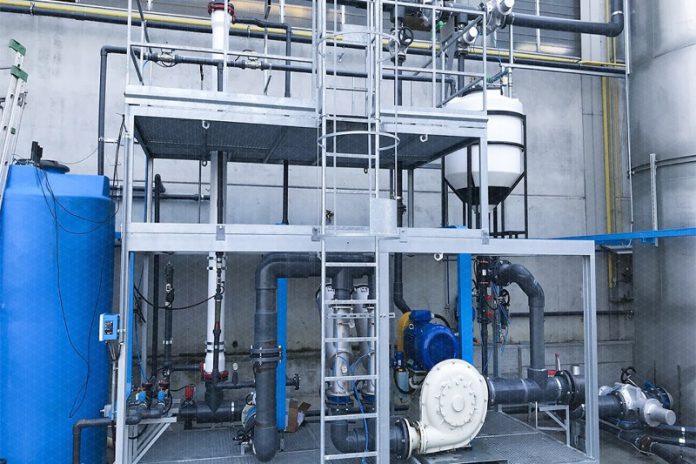Filtration is a critical component in many industrial processes due to its wide uses. If suitable filtering measures are not in place, things may quickly go wrong, including machinery breakdown. That is why you can find industrial filtration in almost all industrial fields. Some industrial sectors include the food and beverage industry, oil and gas, pharmaceuticals, agriculture, automotive plants, etc.
Why is the filtration process so critical? This article outlines how industries apply the filtration process and why it’s necessary.
Industrial Filtration Applications
This is how industries utilise filtration systems in their processes.
- Water filtration– Industries use water in boilers, coolers, pumps, and other processes. If the water is contaminated, it may cause foul smells, corrosion, and scale build-up. This affects the efficiency of these processes and may lead to high repair costs. Therefore, they use filtration systems to remove any solids and unnecessary minerals.
- Wastewater filtration– Industries must filter the sludge produced from their processes before it goes to the sewers. Sludge dewatering systems dissociate the solid and liquid parts of the sludge, making it easy to treat or dispose of them. The solid residue is disposed of, while the filtered liquid goes for further treatment to make the water reusable.
- Coolant filtration– Coolants are necessary for industrial processes to reduce friction, prevent corrosion, improve the machine surface and increase its lifespan. However, impurities in the coolant can negatively affect the process, causing pump damage, blocked lines, and bacteria growth. This is why industrial coolant undergoes filtration using magnetic filtrations systems.
- Oil filtration– Various oils, including industrial oils, waste vegetable oils, engine oils, and biodiesels, undergo filtration to enable reuse. This process is made possible by centrifugal filters, which separate the solid and liquid parts in a spinning motion.
- Air filtration– The air within the industries and that which is expelled from industrial processes undergoes filtration. The filtration process removes any dirt, dust, smoke, and pollutants in the air. It is essential for employee health protection, machine longevity, and ensuring that the product quality is not tampered with. It is also in line with environmental protection practices, ensuring that the fumes produced are within the required air quality levels.
Importance of Industrial Filtration
Having looked at the application processes, we can narrow down the benefits of industrial filtration to these points.
Purification
Filtration systems are beneficial in keeping components such as water, coolants, oils, and chemicals clean and free of pollutants. Without filtration, industries would waste many non-renewable resources, thus harming the environment.
Equipment Protection
Filtration protects expensive industrial machinery from getting damaged. That way, the industries avoid system failures and the high cost of repairing or replacing equipment parts.
Process Efficiency
Filtration helps increase the efficiency of the industrial processes, making them run smoothly and saving time.
Effective Waste disposal
The separation of waste materials allows each type to be treated appropriately before disposal.
Enhances Safety
Because of the filtration processes, employees are less likely to contact highly contaminated and hazardous items. It also helps industries adhere to safety and quality regulations.
Environmental Sustainability
The filtration of various industrial components allows them to be recycled, thus promoting sustainability. These practices also benefit the companies by attracting investors and increasing their brand value.
Wrapping Up
The above benefits explain why industries adopt industrial filtration systems in their daily operations. Failing to adopt these systems would cost them more in the long run. This makes their investment in filtration systems worthwhile.















